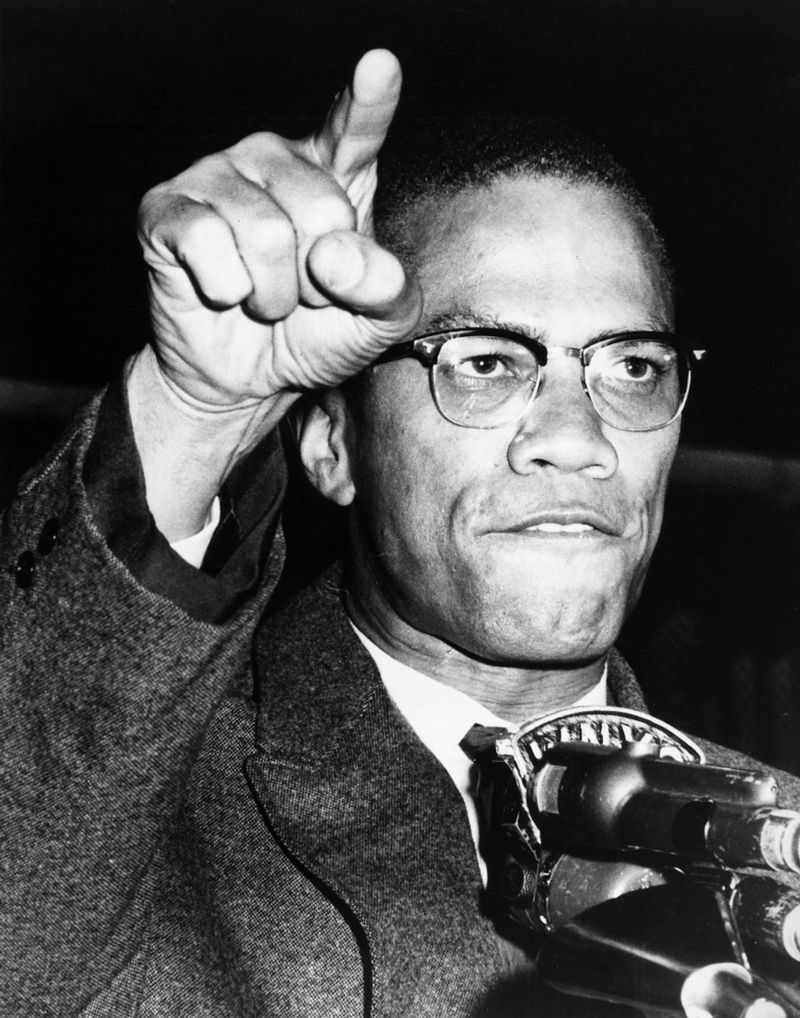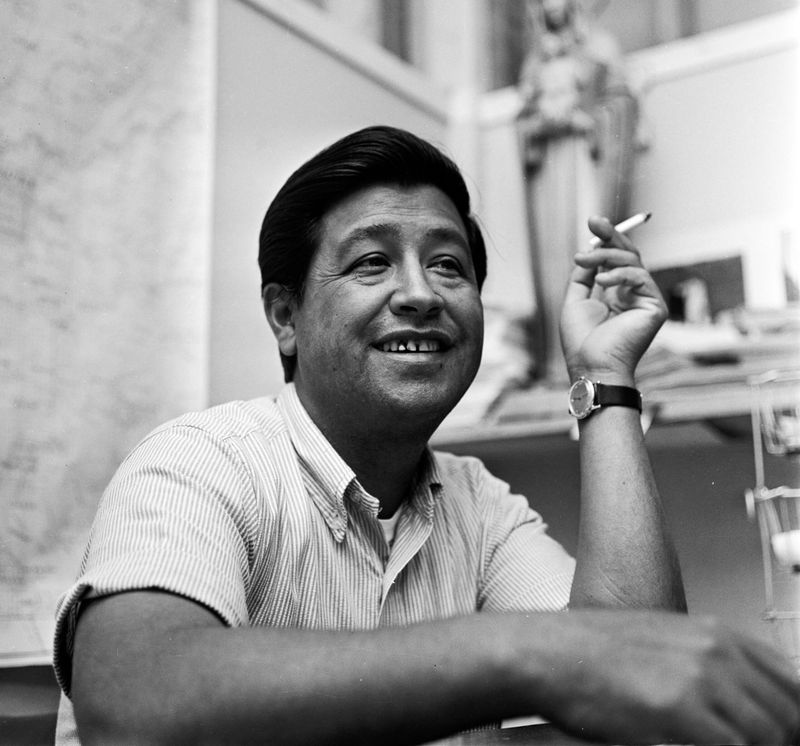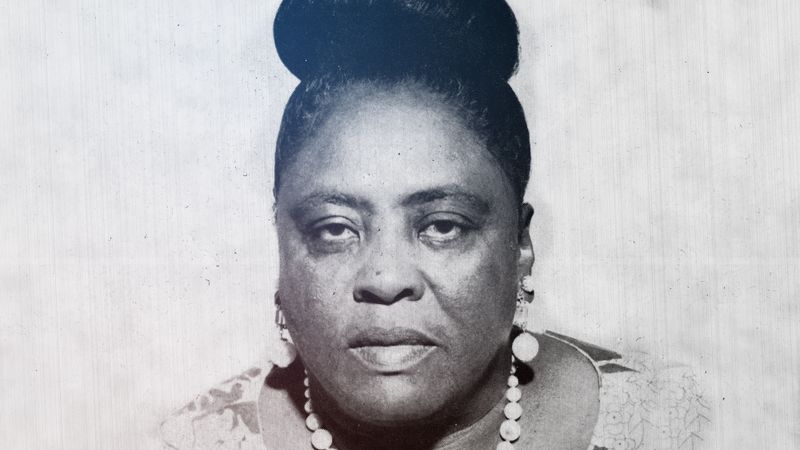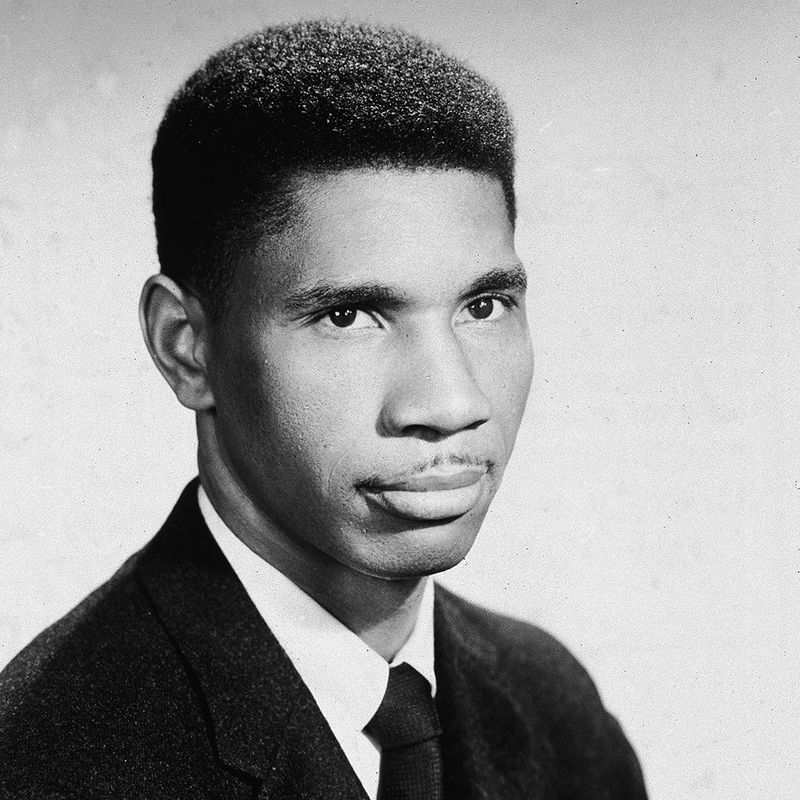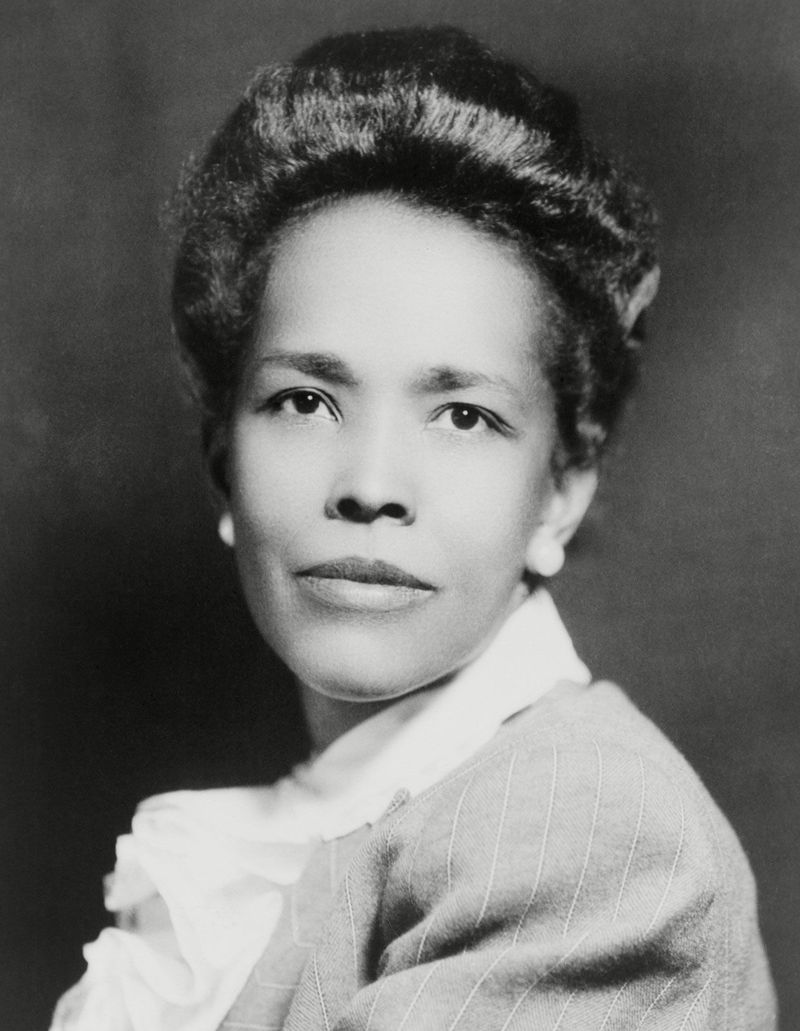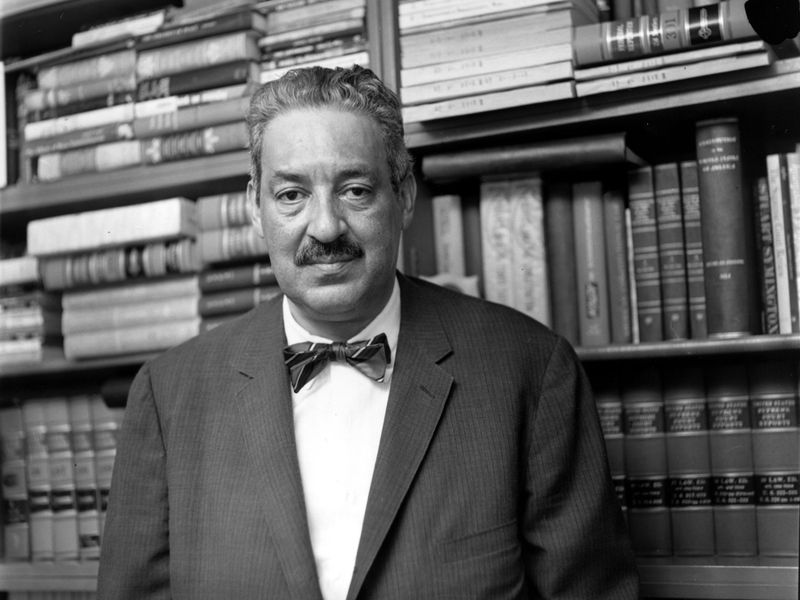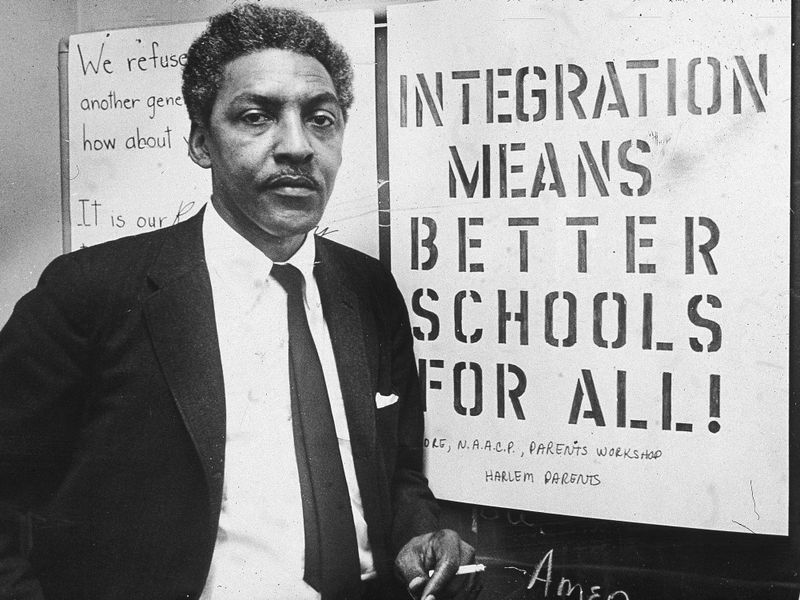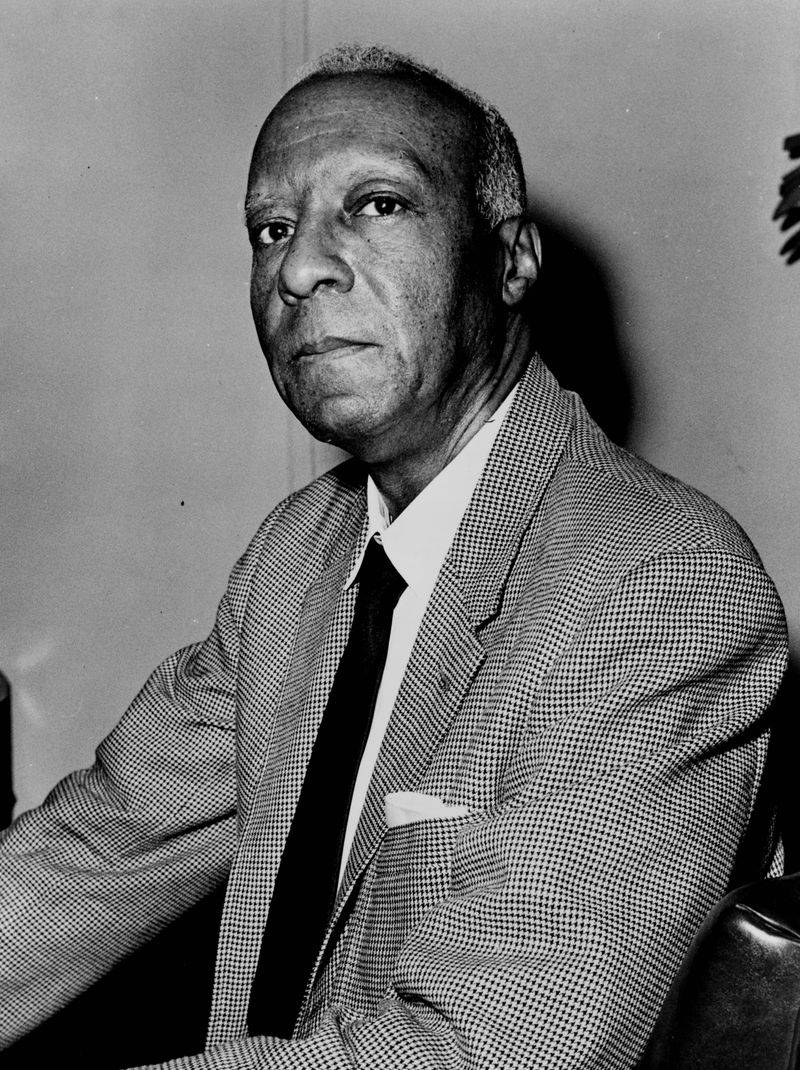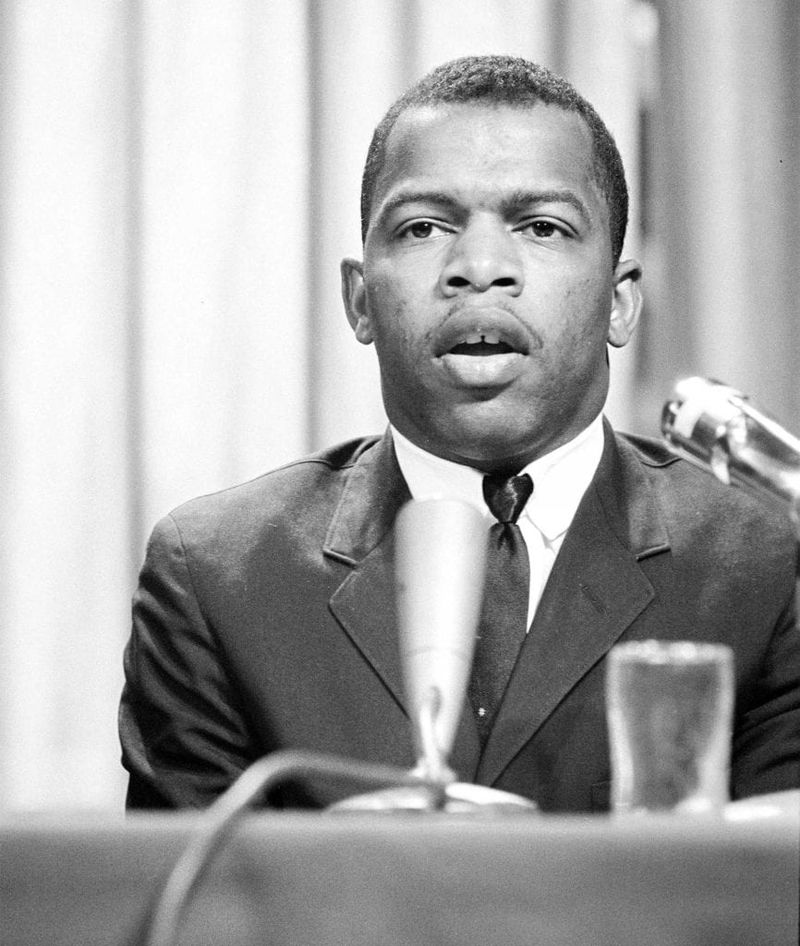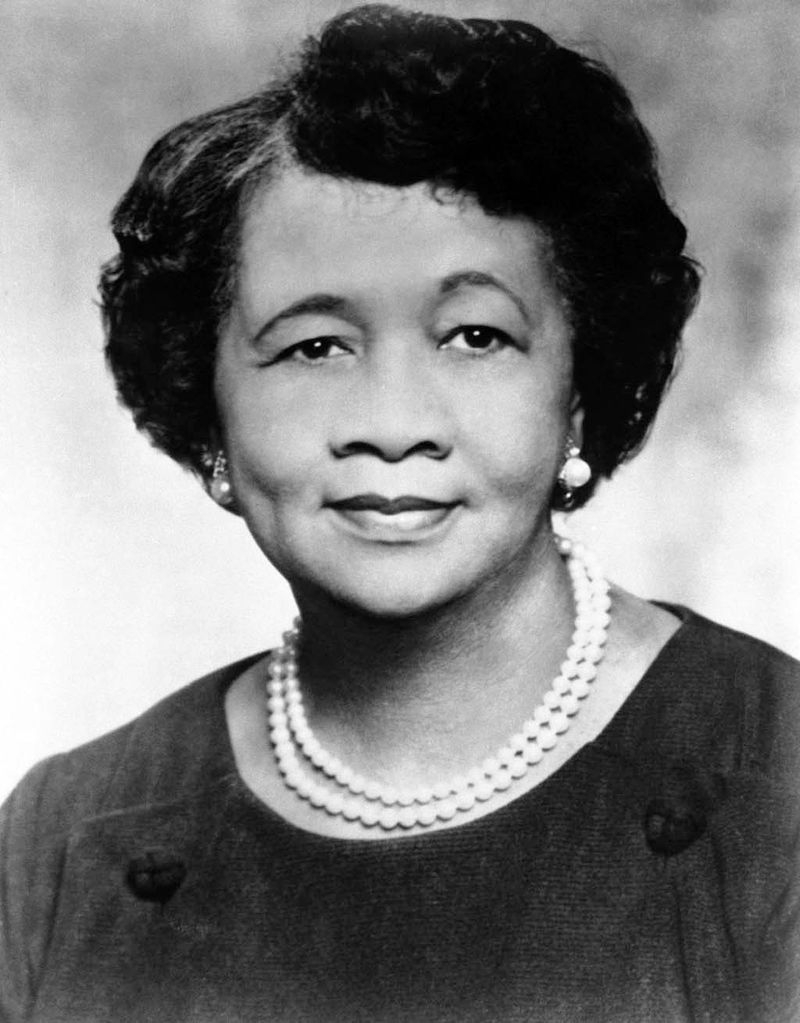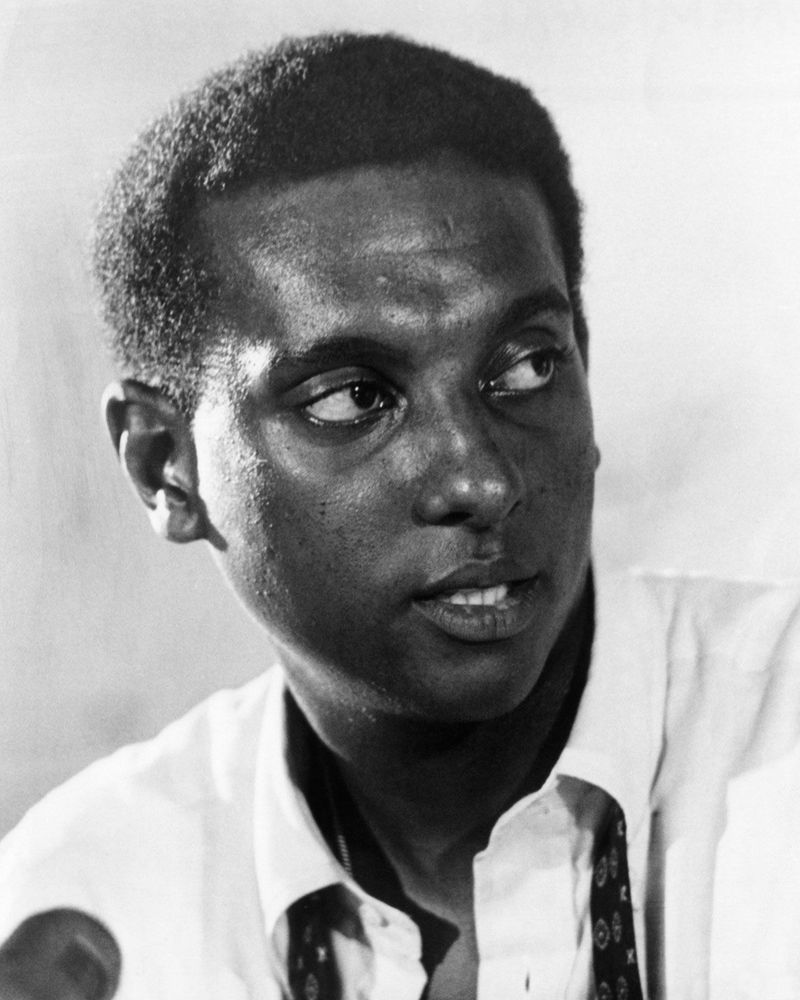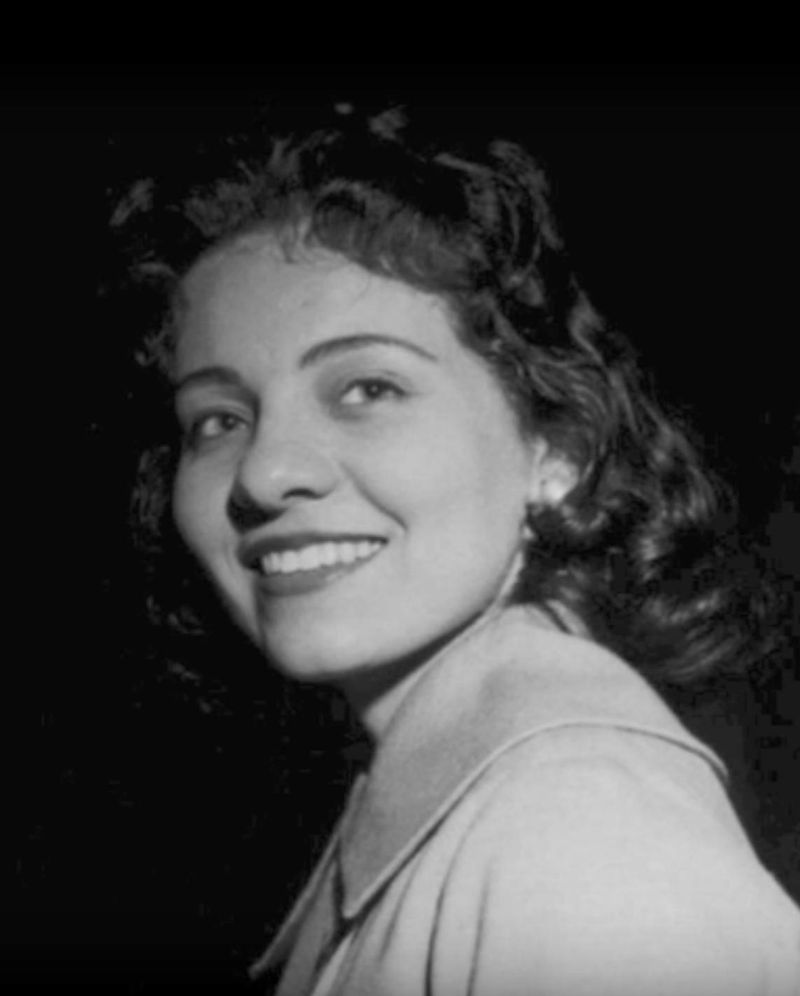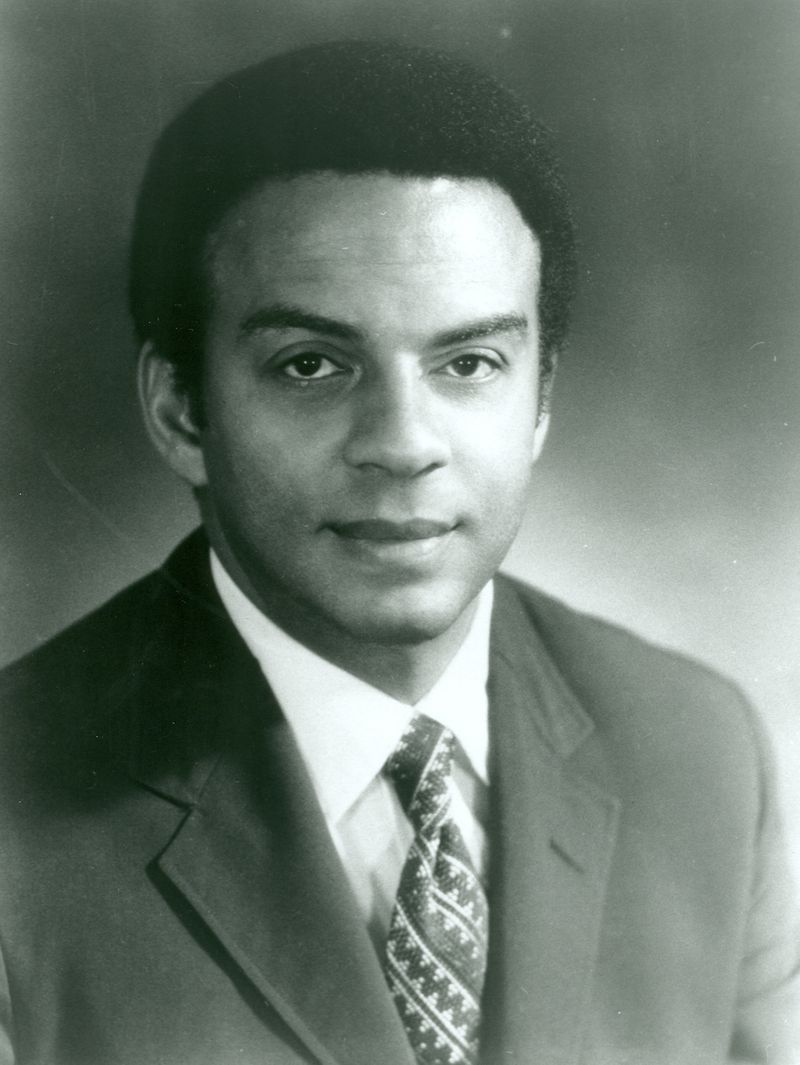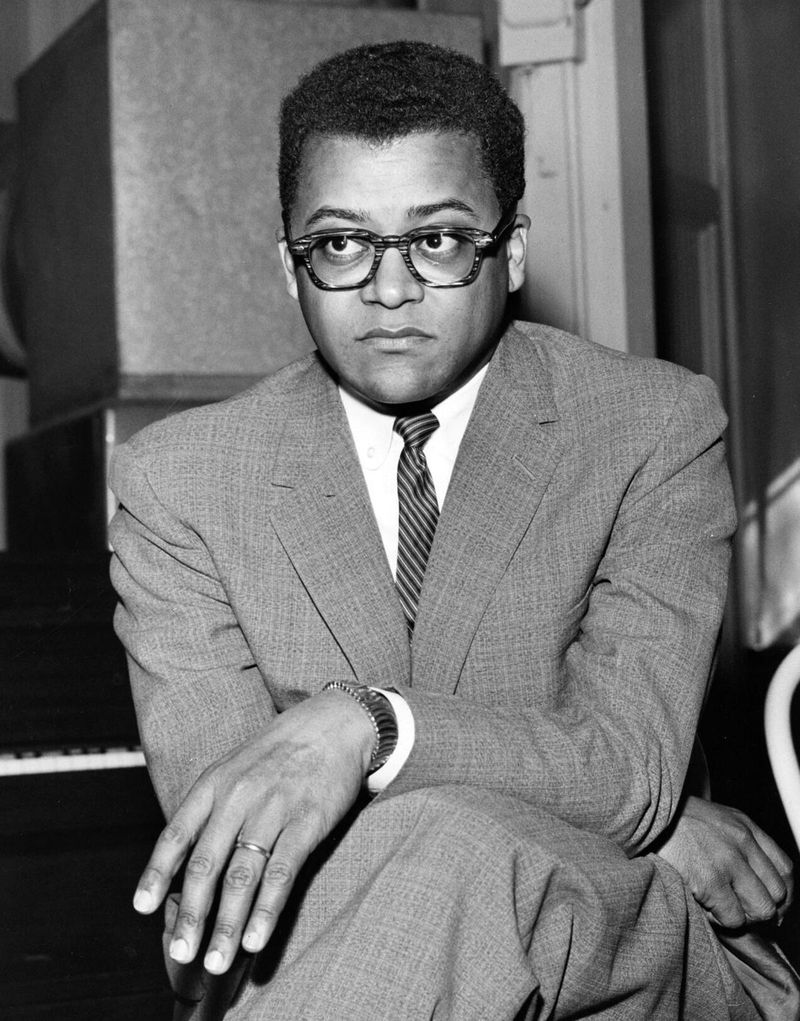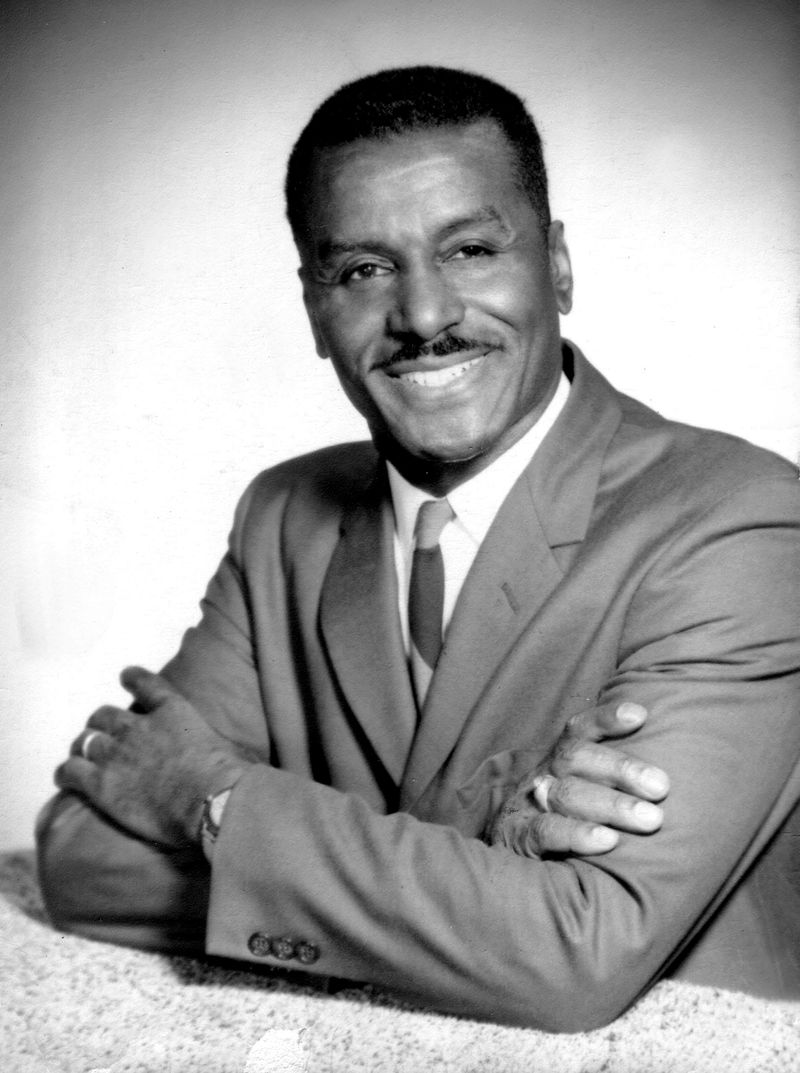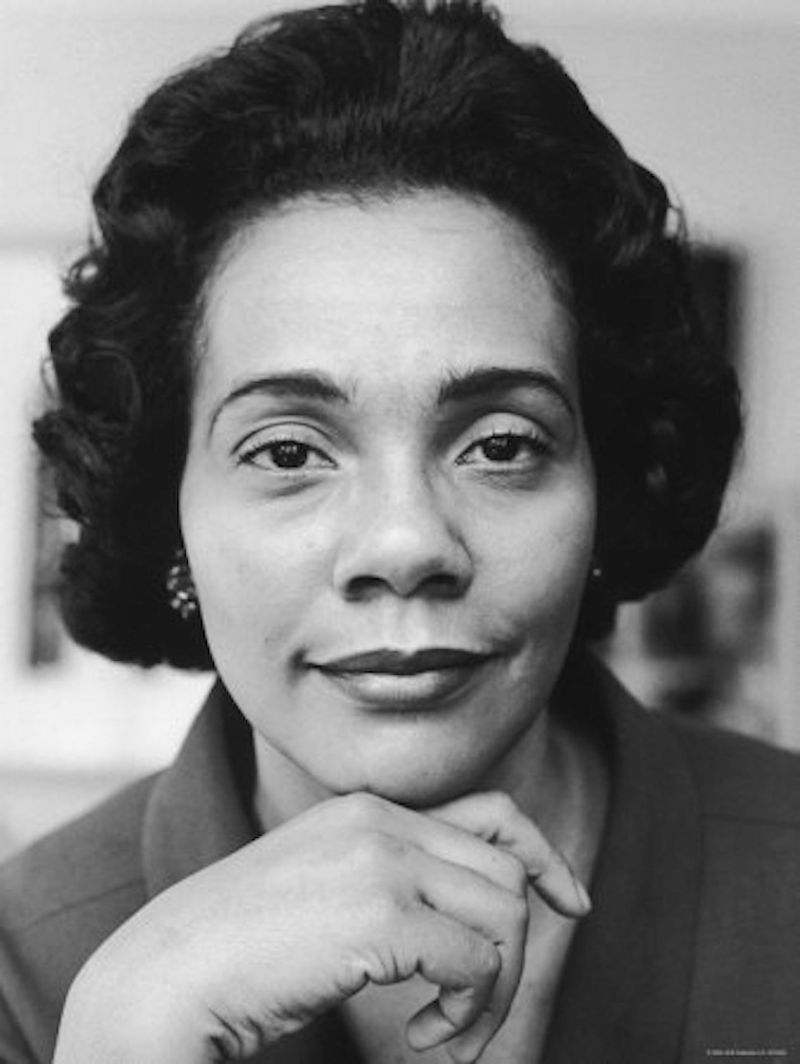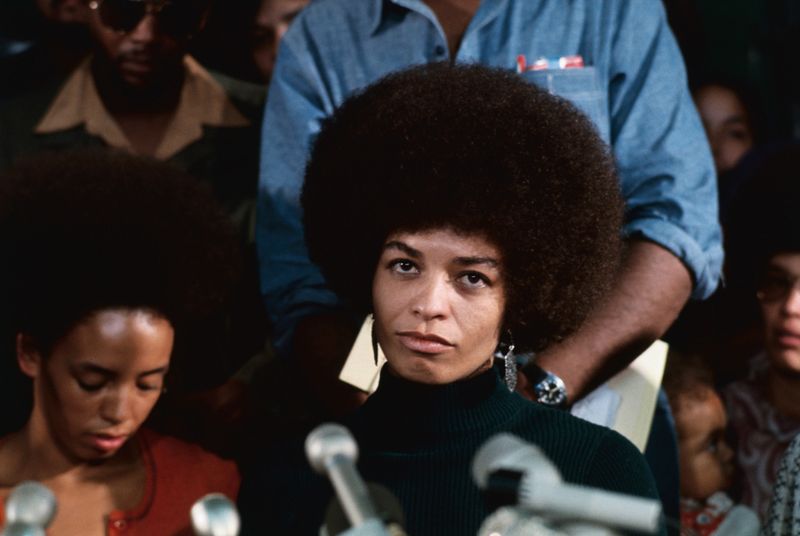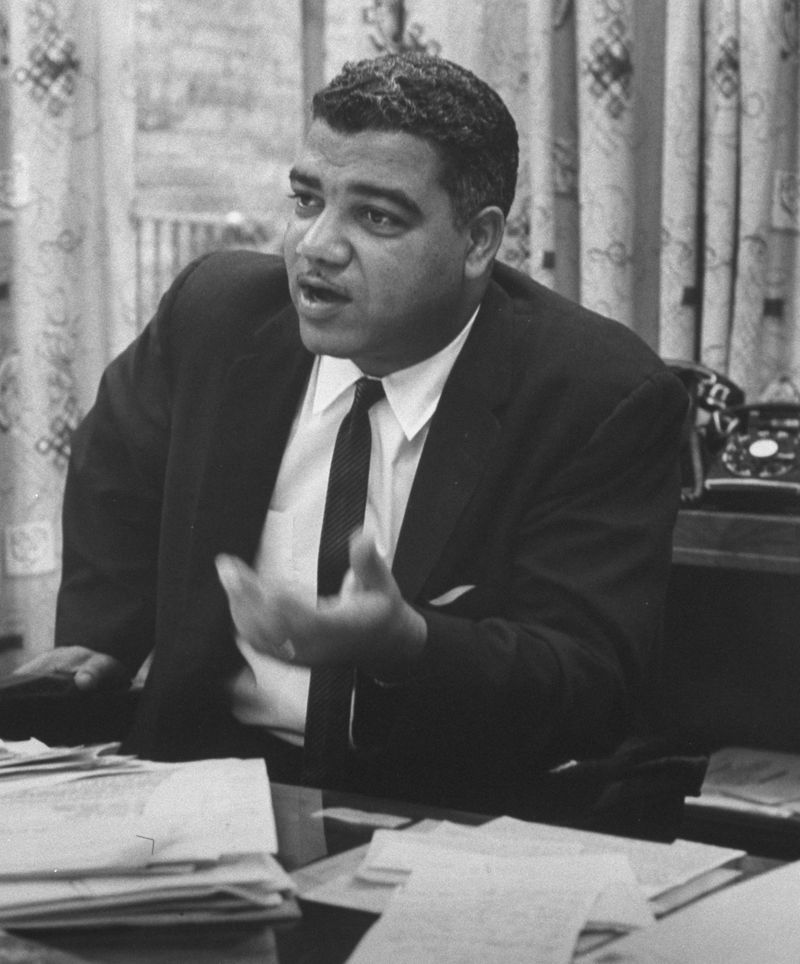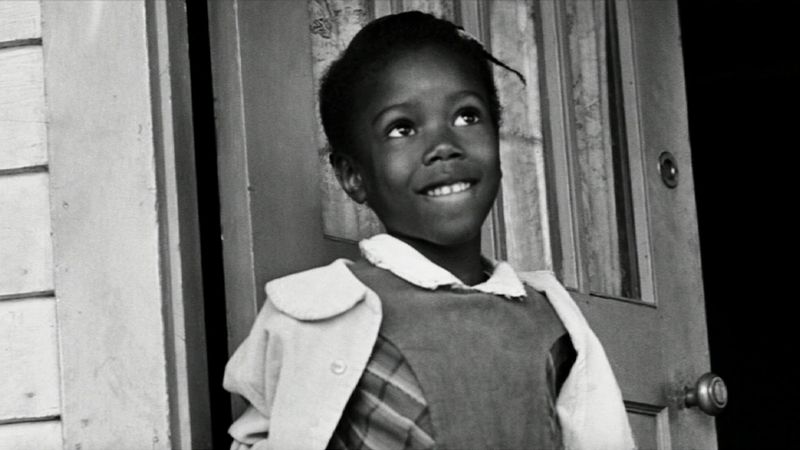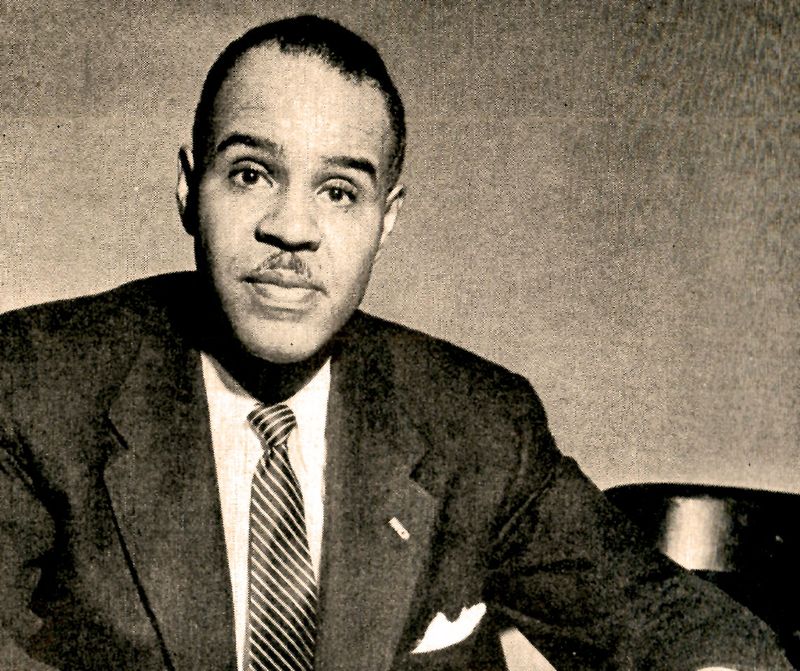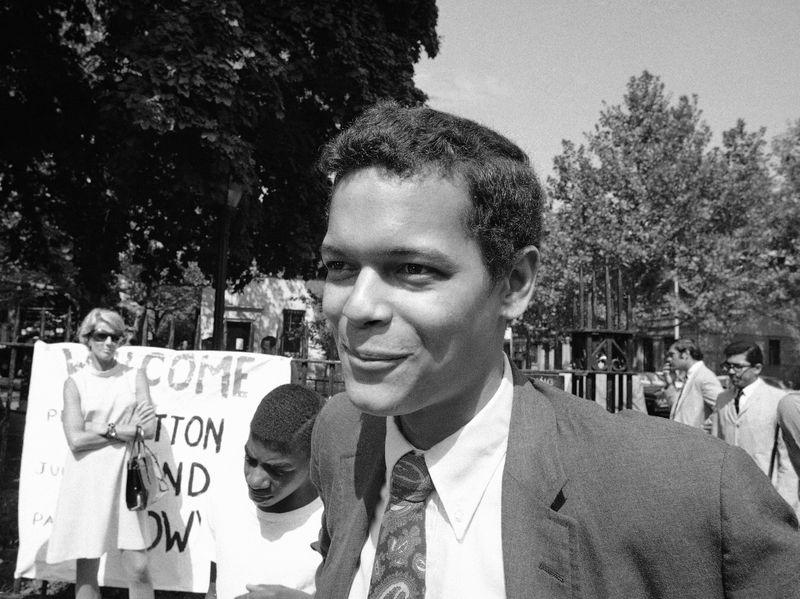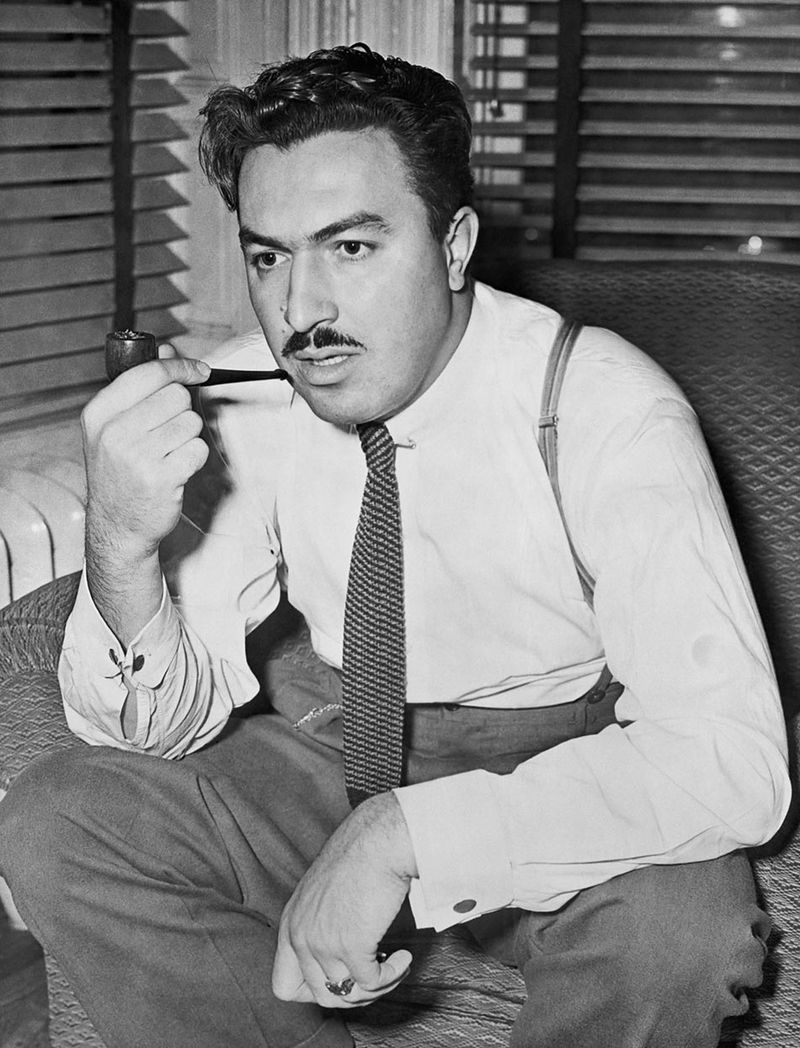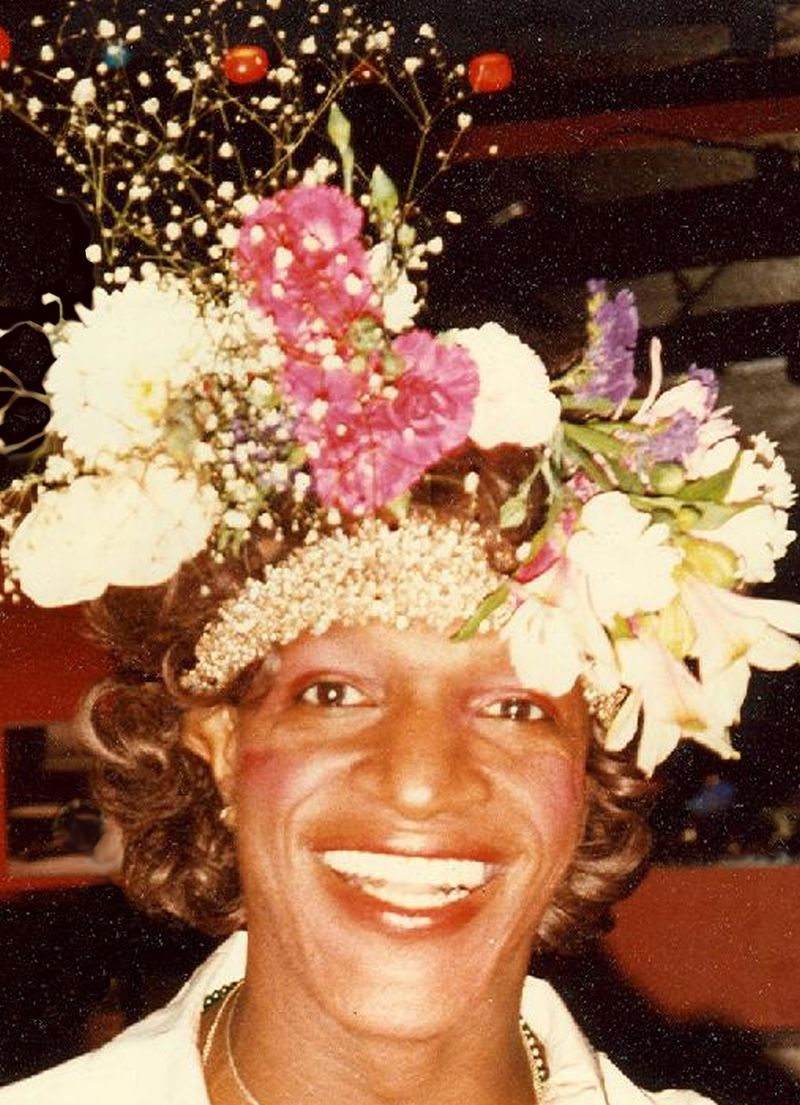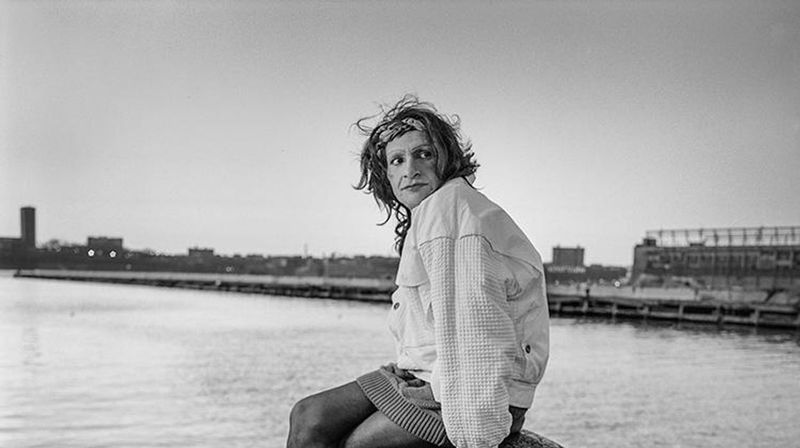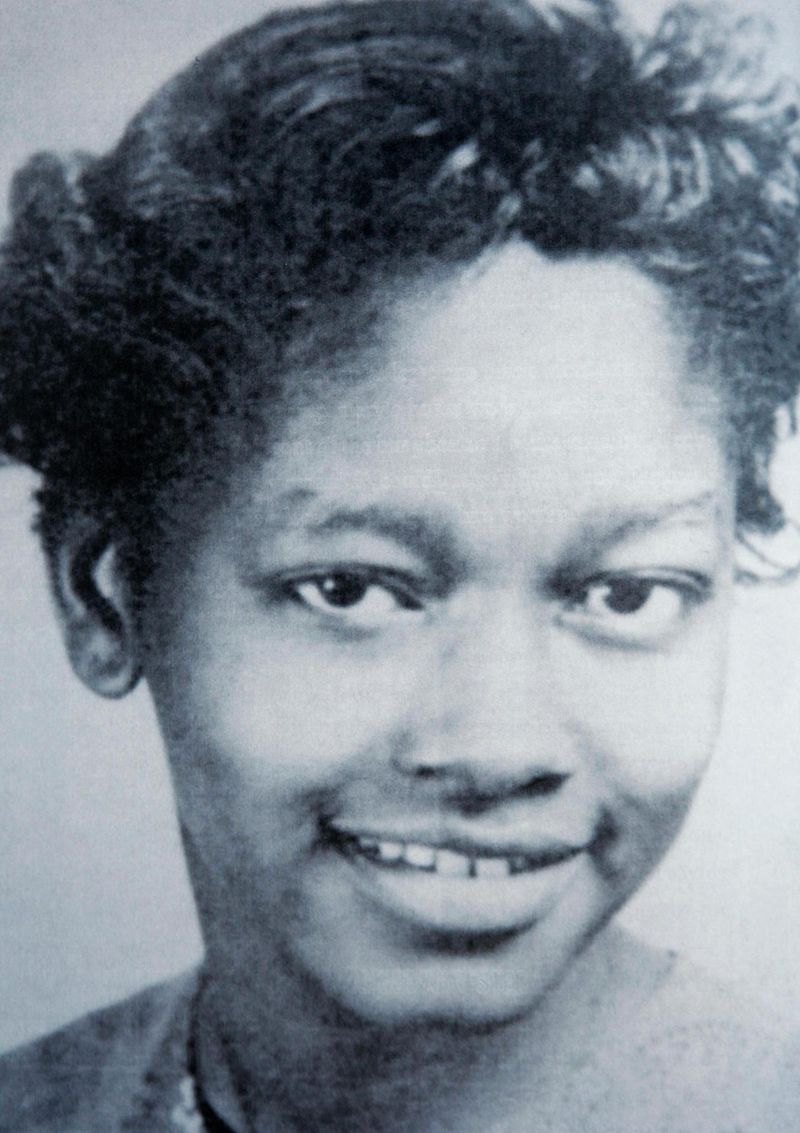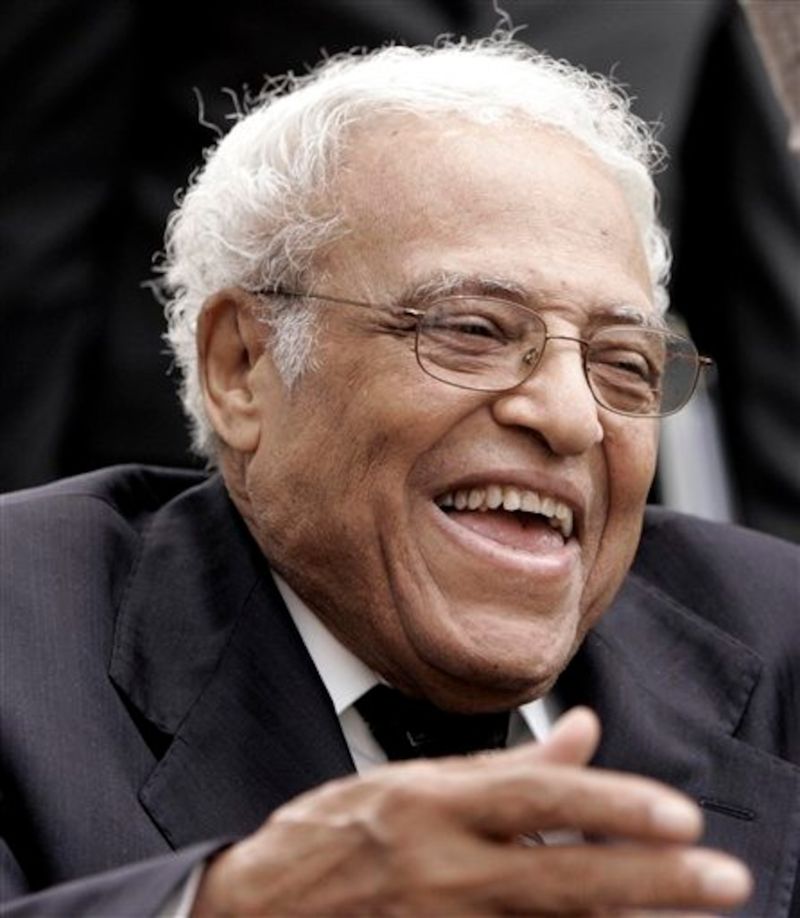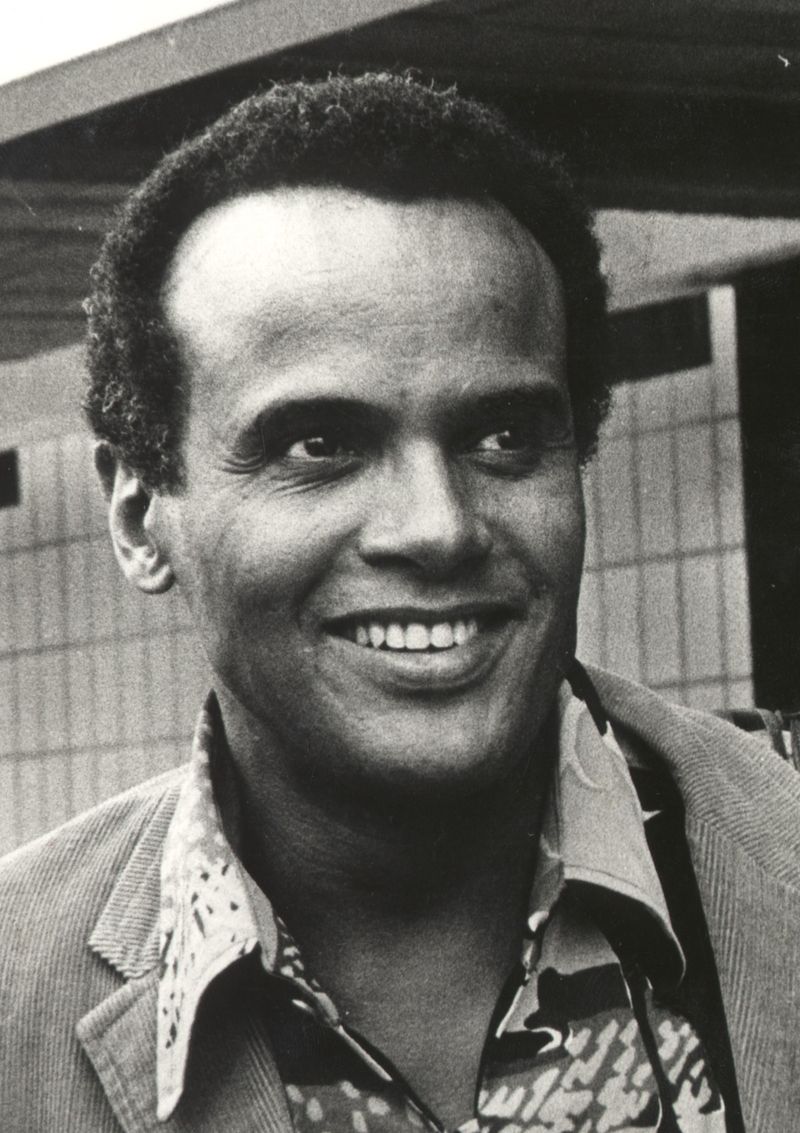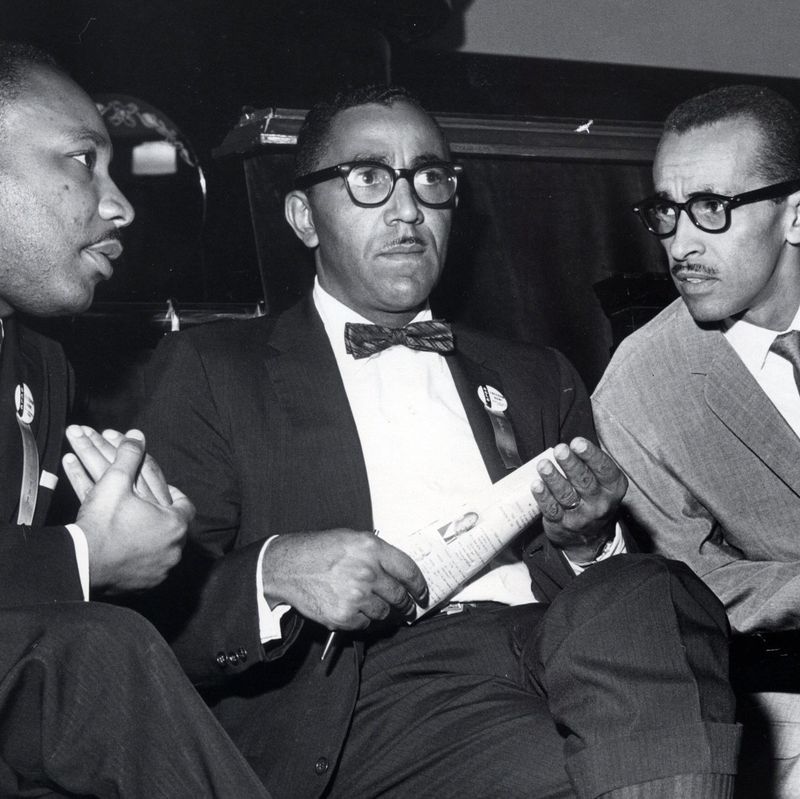Explore the stories of 30 influential figures who played pivotal roles in the Civil Rights Movement, advocating for equality and justice.
Their unwavering determination and courage inspired countless individuals and helped shape a better future for generations to come.
Each icon’s unique contributions and personal journeys led them to become symbols of hope and change.
1. Martin Luther King Jr.
Martin Luther King Jr. was a prominent leader in the Civil Rights Movement, known for his commitment to nonviolent protest.
His leadership was instrumental in the Montgomery Bus Boycott and the March on Washington, where he delivered his iconic “I Have a Dream” speech. King’s ability to inspire through his words and actions made him a symbol of hope and equality.
He challenged segregation laws and fought for the voting rights of African Americans. His efforts were recognized globally, earning him the Nobel Peace Prize in 1964. King’s legacy continues to inspire advocates of justice worldwide.
2. Rosa Parks
Rosa Parks became an icon of the Civil Rights Movement when she refused to give up her seat to a white passenger on a segregated bus in Montgomery, Alabama.
Her quiet courage ignited the Montgomery Bus Boycott, a pivotal moment in the fight against segregation.
Rosa’s act of defiance became a symbol of dignity and resistance in the face of racial injustice. Through her actions, she inspired a movement that sought equal rights for African Americans.
Her legacy is celebrated today as a fundamental part of the struggle for civil rights, and she remains an enduring symbol of strength.
3. Malcolm X
Malcolm X was a charismatic leader who advocated for the rights of African Americans through a philosophy of black empowerment. Initially affiliated with the Nation of Islam, he later embraced Sunni Islam, emphasizing unity and social justice.
He was known for his powerful speeches and a stance that contrasted with the nonviolent approach of others, advocating for self-defense and racial pride. Malcolm X’s journey from a troubled youth to a prominent activist inspired many.
His legacy encourages the ongoing struggle for racial equality and has left a lasting impact on the fight for human rights.
4. Cesar Chavez
Cesar Chavez dedicated his life to improving the working conditions of farmworkers in the United States. As a co-founder of the United Farm Workers, he led numerous strikes and boycotts advocating for better wages and labor rights.
Chavez’s commitment to nonviolent tactics and his ability to organize workers brought national attention to the struggles of agricultural laborers. His efforts led to significant improvements in workers’ rights and inspired a broader labor movement.
Today, he is remembered as a champion of social justice, whose work brought dignity and hope to countless individuals.
5. Fannie Lou Hamer
Fannie Lou Hamer was a powerful voice in the fight for voting rights. Born into a family of sharecroppers, she became an advocate for the disenfranchised, particularly in the Mississippi Delta.
Her involvement with the Student Nonviolent Coordinating Committee (SNCC) and the Mississippi Freedom Democratic Party highlighted racial injustices in the electoral process.
Hamer’s famous phrase, “I’m sick and tired of being sick and tired,” resonated with many. Her relentless pursuit of justice helped to dismantle barriers to voting and continues to inspire new generations of activists seeking equality.
6. Medgar Evers
Medgar Evers was a dedicated civil rights activist whose work as the NAACP’s first field secretary in Mississippi focused on voter registration and combating racial violence.
Evers faced constant threats but remained committed to fighting segregation. His assassination in 1963 shocked the nation and galvanized the civil rights movement, drawing attention to the deadly consequences of racism.
His legacy lives on through the continued efforts to achieve racial equality and justice. Medgar Evers is remembered as a martyr for civil rights, whose life and sacrifice continue to motivate the fight for equality.
7. Ella Baker
Ella Baker was a behind-the-scenes leader whose grassroots organizing empowered countless individuals during the Civil Rights Movement. Her work with the NAACP, SCLC, and SNCC was pivotal in shaping the direction of the movement.
Baker believed in the power of collective action and the importance of young people in the struggle for equality. She mentored many prominent activists, emphasizing participatory democracy and community engagement.
Her contributions laid the foundation for future movements, and her legacy is celebrated as a testament to the strength of grassroots leadership in creating lasting change.
8. Thurgood Marshall
Thurgood Marshall was a pioneering lawyer whose legal victories in court helped dismantle racial segregation in the United States. As the first African American Supreme Court Justice, he fought for civil rights and equal justice under the law.
His most notable achievement was the landmark Brown v. Board of Education case, which declared school segregation unconstitutional. Marshall’s dedication to justice and equality paved the way for meaningful change in American society.
His legacy is honored as a trailblazer in the legal profession, whose work continues to inspire lawyers and activists fighting for civil rights.
9. Bayard Rustin
Bayard Rustin was a key strategist behind the Civil Rights Movement, best known for his role in organizing the 1963 March on Washington. A proponent of nonviolence, he worked closely with leaders like Martin Luther King Jr. to promote peaceful protest.
Rustin’s open homosexuality made him a controversial figure, but his strategic brilliance was undeniable. His commitment to social justice extended beyond civil rights, advocating for economic equality and international human rights.
Rustin’s work laid the groundwork for future movements, and his legacy remains a powerful reminder of the importance of intersectional activism in seeking justice.
10. A. Philip Randolph
A. Philip Randolph was a prominent labor leader who championed civil rights and economic justice. As the founder of the Brotherhood of Sleeping Car Porters, he advocated for the rights of African American workers.
Randolph’s leadership led to the desegregation of the armed forces and the Fair Employment Practices Committee. His visionary ideas inspired the 1963 March on Washington, where he served as a key organizer.
His legacy of advocating for both racial and economic equality continues to influence labor and civil rights movements, highlighting the interconnectedness of social justice issues.
11. John Lewis
John Lewis was a fearless advocate for civil rights whose leadership in the Student Nonviolent Coordinating Committee (SNCC) was instrumental in the Selma Voting Rights Movement.
Lewis was known for his unwavering commitment to nonviolent protest, even in the face of brutal opposition. His courage on “Bloody Sunday” in Selma, where he was severely beaten, became a defining moment in the struggle for voting rights.
His lifelong dedication to justice and equality earned him a seat in Congress, where he continued to champion civil rights. Lewis’s legacy inspires ongoing efforts toward a more equitable society.
12. Dorothy Height
Dorothy Height was a leader in both the civil rights and women’s rights movements, known for her advocacy of social justice and equality.
As president of the National Council of Negro Women, she worked tirelessly to address issues of poverty, education, and voting rights. Height’s influence was felt in major civil rights campaigns and her ability to bridge gaps between different movements.
Her long career of service earned her numerous accolades and recognition as a pioneering figure. Dorothy Height’s multifaceted approach to activism continues to inspire those working for a just and inclusive society.
13. Stokely Carmichael
Stokely Carmichael was a dynamic leader whose advocacy for black power marked a shift in the Civil Rights Movement. As chairman of the Student Nonviolent Coordinating Committee (SNCC), he emphasized racial pride and self-determination.
Carmichael’s famous call for “Black Power” resonated with many seeking a more assertive approach to achieving equality. His leadership influenced the development of the Black Panther Party and a broader black consciousness.
His legacy is remembered as a catalyst for change, inspiring generations to embrace their identity and fight against oppression in various forms.
14. Diane Nash
Diane Nash was a key figure in the Civil Rights Movement, whose activism in the Freedom Rides and sit-ins challenged segregation in the South.
Her leadership in the Nashville Student Movement and the Southern Christian Leadership Conference highlighted her commitment to nonviolent protest. Nash’s courageous stand for justice often put her at risk, but her resolve never wavered.
Through her efforts, many barriers were dismantled, paving the way for greater equality. Diane Nash’s legacy continues to inspire those engaged in the fight for civil rights and social justice today.
15. Andrew Young
Andrew Young was a prominent figure in the Civil Rights Movement, known for his diplomatic approach to activism and politics.
As a close associate of Martin Luther King Jr., Young played a significant role in key events like the Selma to Montgomery marches. His work extended beyond civil rights; he served as a U.S. ambassador and mayor of Atlanta, advocating for global human rights.
Young’s ability to bridge divides and promote dialogue made him a respected leader. His legacy continues to influence efforts toward peace and justice, both in the United States and internationally.
16. James Lawson
James Lawson was a pivotal figure in teaching nonviolent resistance during the Civil Rights Movement. His workshops trained activists in peaceful protest techniques, influencing key campaigns like the Freedom Rides and sit-ins.
Lawson’s dedication to nonviolence was inspired by his study of Mahatma Gandhi’s methods. His teachings empowered a generation of leaders to confront injustice without resorting to violence.
Through his commitment to peace and justice, James Lawson’s contributions continue to inspire those advocating for change, demonstrating the enduring power of nonviolent action in creating social progress.
17. Fred Shuttlesworth
Fred Shuttlesworth was a fearless leader whose activism in Birmingham, Alabama, made him a central figure in the Civil Rights Movement.
He co-founded the Southern Christian Leadership Conference and led efforts to challenge segregation laws through direct action and protest.
Despite facing violent opposition, including bombings and assaults, Shuttlesworth remained steadfast in his pursuit of justice.
His tenacity and courage inspired many to join the struggle for equality. Fred Shuttlesworth’s legacy is celebrated as a testament to the power of resilience and determination in the face of adversity.
18. Coretta Scott King
Coretta Scott King was a dedicated advocate for civil rights and social justice, whose work extended beyond her role as the wife of Martin Luther King Jr.
She was a vocal supporter of gender equality, LGBTQ+ rights, and global peace initiatives. After her husband’s assassination, she continued his work, founding the King Center and advocating for a national holiday in his honor.
Coretta’s unwavering commitment to justice and equality earned her a place as a respected leader in her own right. Her legacy inspires ongoing efforts toward a world free from discrimination and violence.
19. Angela Davis
Angela Davis is a renowned activist and academic known for her work in the fight against racial injustice and the prison-industrial complex.
Her association with the Black Panther Party and her trial in the 1970s brought national attention to issues of race, class, and incarceration. Davis’s writings and speeches continue to challenge systemic oppression and advocate for radical change.
Her legacy as a scholar and activist has influenced generations seeking to dismantle systems of inequality. Angela Davis remains a powerful voice in the ongoing struggle for social justice and human rights.
20. Whitney Young
Whitney Young was a distinguished leader whose efforts to bridge the gap between civil rights and corporate America advanced the movement for equality.
As executive director of the National Urban League, he focused on economic empowerment, seeking to open doors for African Americans in the workforce.
His ability to engage both political and business leaders made him a key figure in advocating for social change.
Young’s pragmatic approach to achieving equality has left a lasting impact on efforts to integrate social justice with economic opportunity. His legacy endures in the continued fight for a more inclusive society.
21. Ruby Bridges
Ruby Bridges became a symbol of courage and change when she became the first African American child to integrate an all-white elementary school in the South.
Her brave walk into the school amidst intense opposition was a key moment in the fight against school segregation. Despite facing hostility, Ruby’s determination and poise inspired many to continue the struggle for equal education.
Her story is a poignant reminder of the power of youth and resilience in the face of adversity. Ruby Bridges’ legacy continues to inspire efforts toward educational equality and justice.
22. Roy Wilkins
Roy Wilkins was a prominent civil rights leader whose tenure as executive director of the NAACP spanned pivotal years in the fight for equality.
He played a crucial role in landmark civil rights legislation, including the Civil Rights Act of 1964 and the Voting Rights Act of 1965. Wilkins’ ability to negotiate and strategize was key to advancing the movement’s goals.
His leadership helped to maintain the momentum of the civil rights struggle, ensuring that progress continued despite challenges. Roy Wilkins’ legacy is one of dedication and perseverance in the quest for justice.
23. Julian Bond
Julian Bond was a charismatic leader and activist whose work spanned both the civil rights and political arenas.
As a co-founder of the Student Nonviolent Coordinating Committee (SNCC), he was deeply involved in voter registration drives and community organizing. Bond’s eloquence and passion made him a respected voice in the movement.
His later work in politics and education continued to advocate for equality and social justice. Julian Bond’s legacy is celebrated for his unwavering commitment to human rights and his ability to inspire future generations.
24. Adam Clayton Powell Jr.
Adam Clayton Powell Jr. was a dynamic political leader whose advocacy for civil rights and social reform made him a significant figure in American history.
As a congressman, he championed legislation aimed at improving opportunities for African Americans, focusing on education, jobs, and healthcare. Powell’s charismatic leadership energized communities and brought attention to pressing social issues.
His efforts helped to pave the way for future progress in civil rights and equality. Adam Clayton Powell Jr.’s legacy is remembered as one of tenacity and vision in the ongoing struggle for justice.
25. Marsha P. Johnson
Marsha P. Johnson was a pioneering activist for LGBTQ+ rights and a key figure in the Stonewall Uprising.
Her work with the Gay Liberation Front and the co-founding of STAR (Street Transvestite Action Revolutionaries) highlighted her dedication to advocating for marginalized communities.
Marsha’s vibrant personality and relentless activism made her a beloved figure in the fight for equality.
Her legacy as a trailblazer continues to inspire movements for LGBTQ+ rights and justice. Marsha P. Johnson’s courage and determination remain influential in the ongoing struggle for dignity and equality.
26. Sylvia Rivera
Sylvia Rivera was a trailblazing activist whose work in the LGBTQ+ rights movement focused on advocating for transgender and homeless communities.
As a participant in the Stonewall Uprising and co-founder of STAR, Rivera sought to uplift those marginalized within the broader movement. Her fierce advocacy and refusal to be silenced helped to bring attention to issues facing transgender individuals.
Sylvia Rivera’s legacy is celebrated for her passionate commitment to justice and equality, inspiring future generations to continue the fight for inclusive rights and recognition for all.
27. Claudette Colvin
Claudette Colvin was a courageous teenager whose refusal to give up her seat on a segregated bus in Montgomery, Alabama, preceded Rosa Parks’ more famous act of defiance.
Despite being overshadowed, Colvin’s bravery was a significant early challenge to segregation laws. Her involvement in the landmark Browder v. Gayle case helped to legally end bus segregation in Montgomery.
Her story is an important reminder of the contributions of young people to the Civil Rights Movement. Claudette Colvin’s legacy continues to inspire those working toward justice and equality.
28. Benjamin Hooks
Benjamin Hooks was a civil rights leader whose work as executive director of the NAACP revitalized the organization and strengthened its impact.
His efforts to address issues of economic disparity and racial injustice advanced the cause of equality in America. Hooks’ leadership and vision were instrumental in expanding the reach of civil rights advocacy.
His legacy is celebrated for his dedication to justice and his ability to inspire change. Benjamin Hooks remains a respected figure in the ongoing fight for civil rights and the pursuit of a fairer society.
29. Harry Belafonte
Harry Belafonte is an acclaimed entertainer and activist whose commitment to civil rights has spanned decades.
Through his artistic success, he used his platform to advocate for racial equality and social justice, supporting key figures and events in the movement. Belafonte’s efforts in raising awareness and funds were crucial to advancing the cause.
His legacy as both an artist and activist continues to inspire those seeking to use their talents for change. Harry Belafonte’s contributions to civil rights are remembered as a testament to the power of celebrity in advocating for justice.
30. Joseph E. Lowery
Joseph E. Lowery was a prominent civil rights leader and co-founder of the Southern Christian Leadership Conference.
His advocacy for voting rights and racial equality was instrumental in the passing of key civil rights legislation. Lowery’s charismatic leadership and dedication to nonviolence inspired many to join the movement.
His legacy is celebrated for his tireless efforts to combat injustice and promote equality. Joseph E. Lowery’s lifelong commitment to civil rights continues to influence the struggle for a more just and equitable society.


